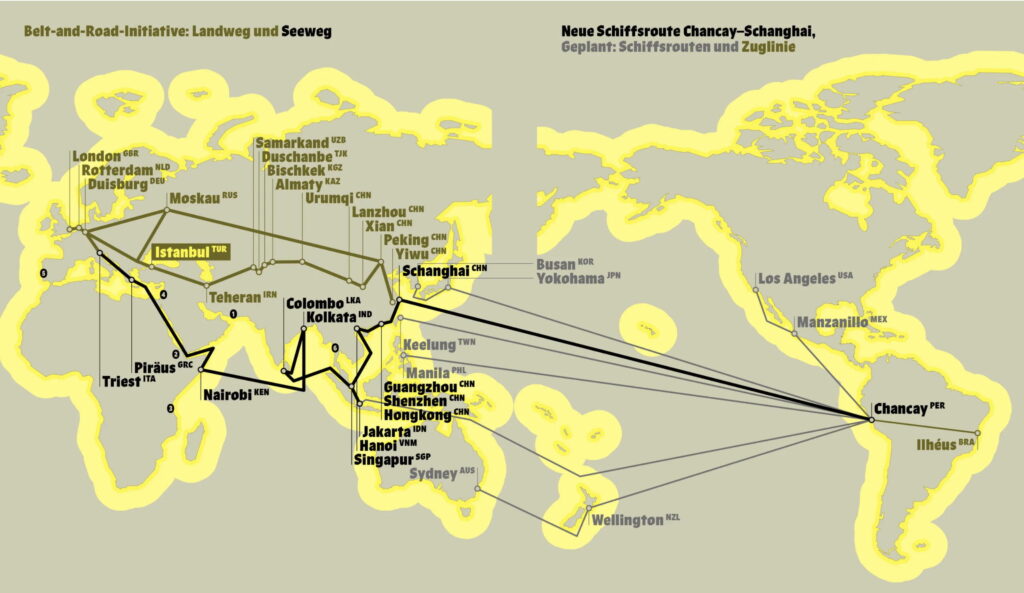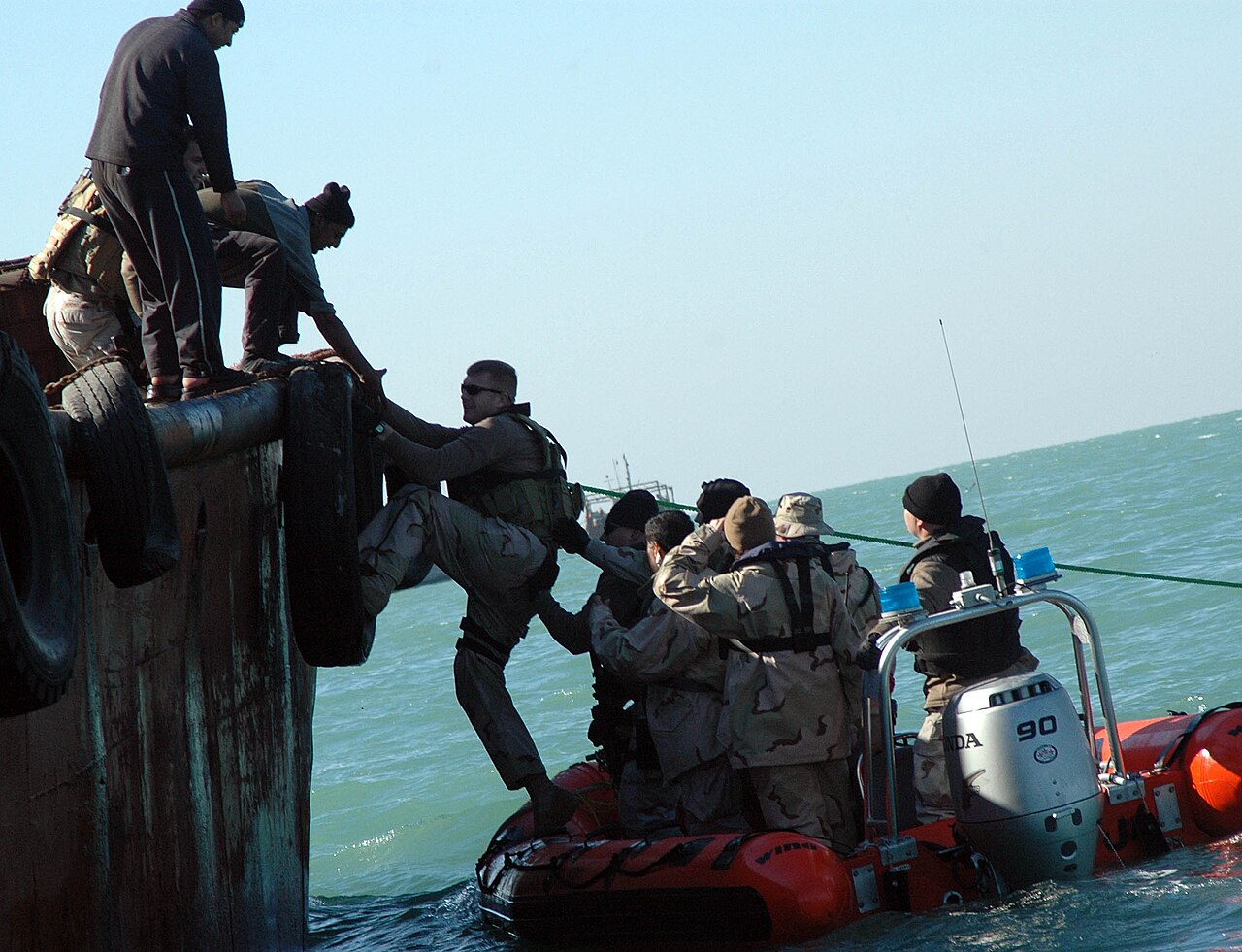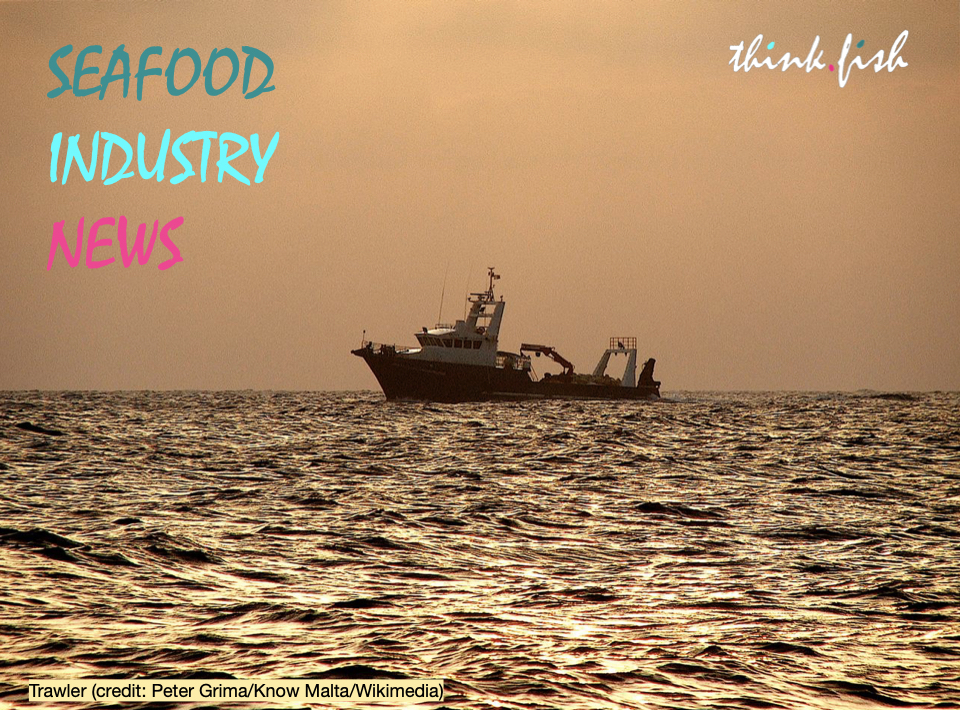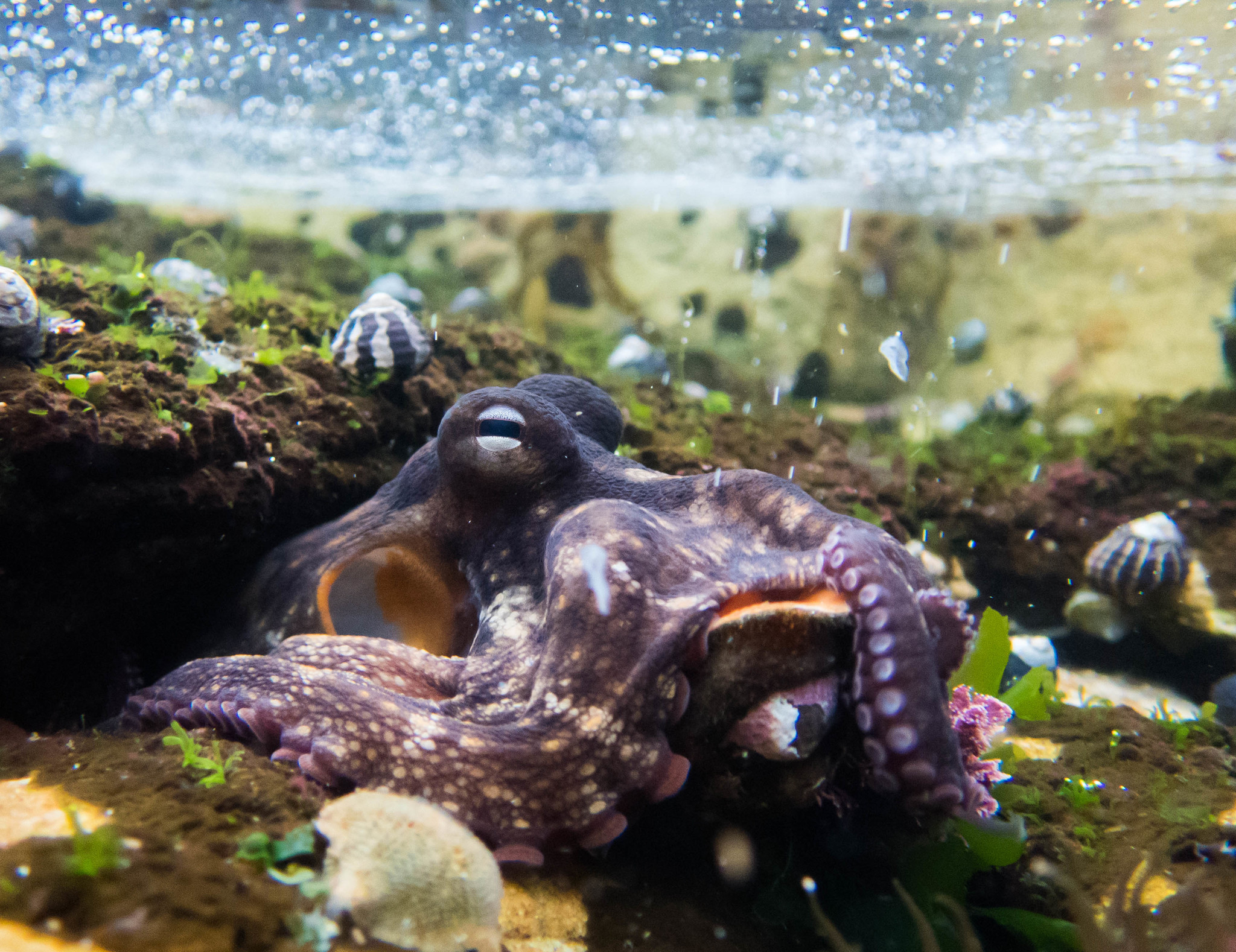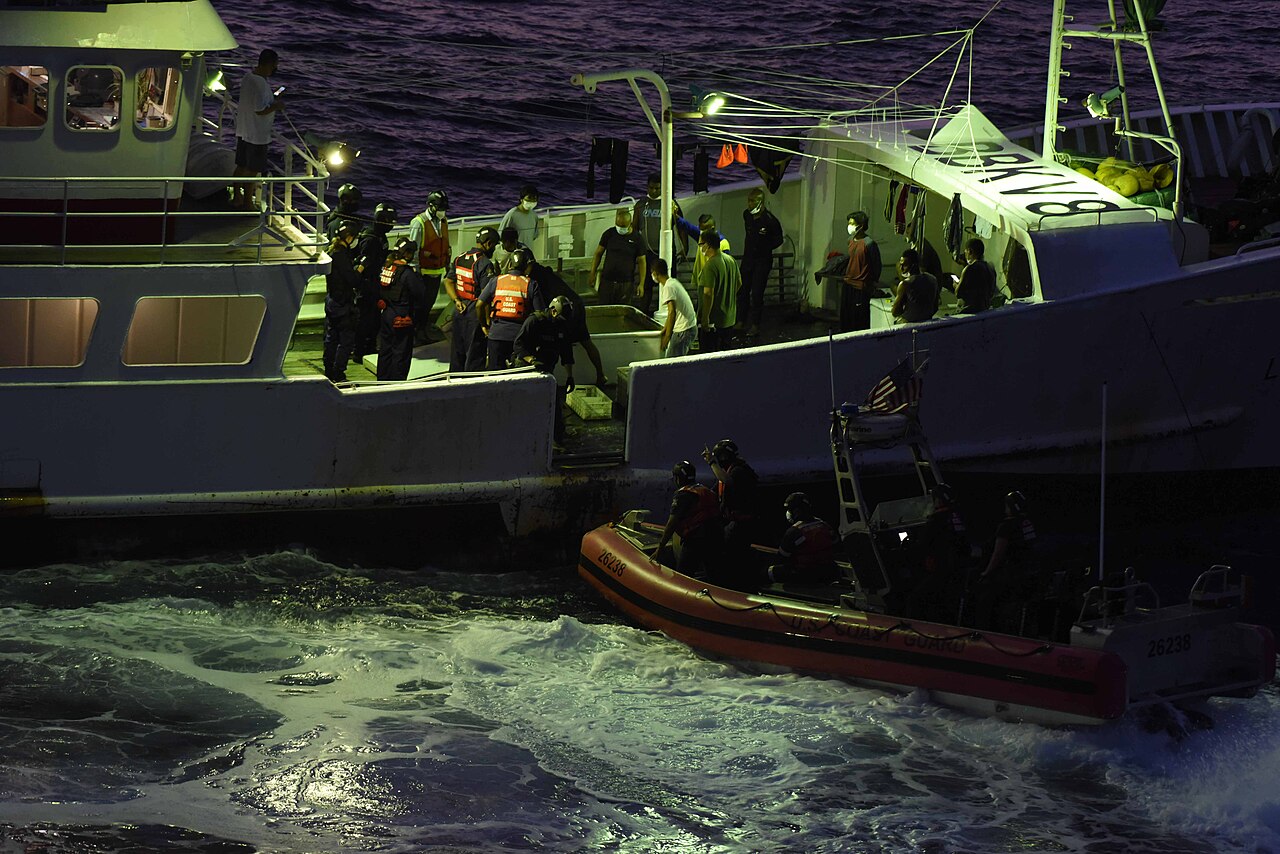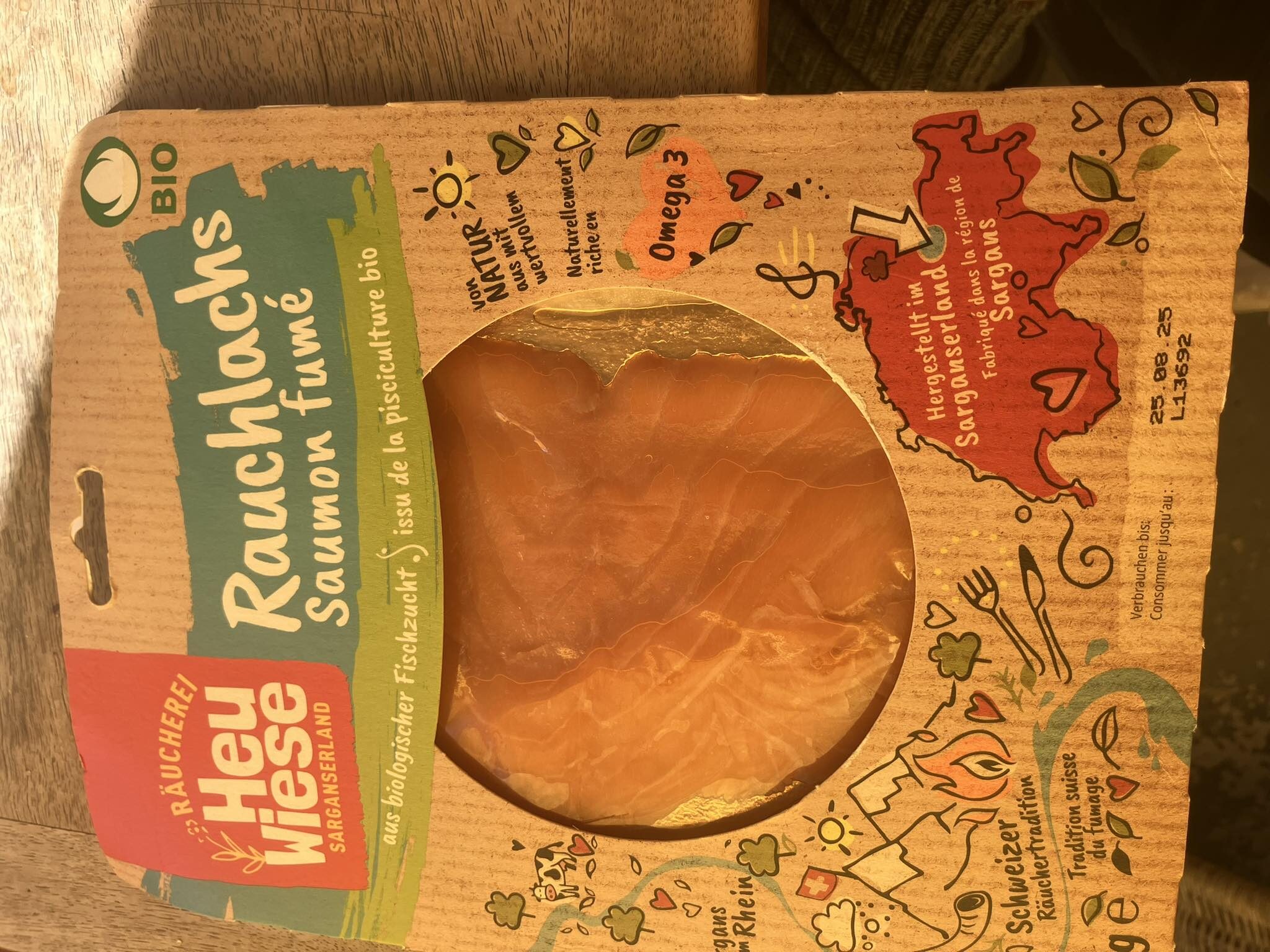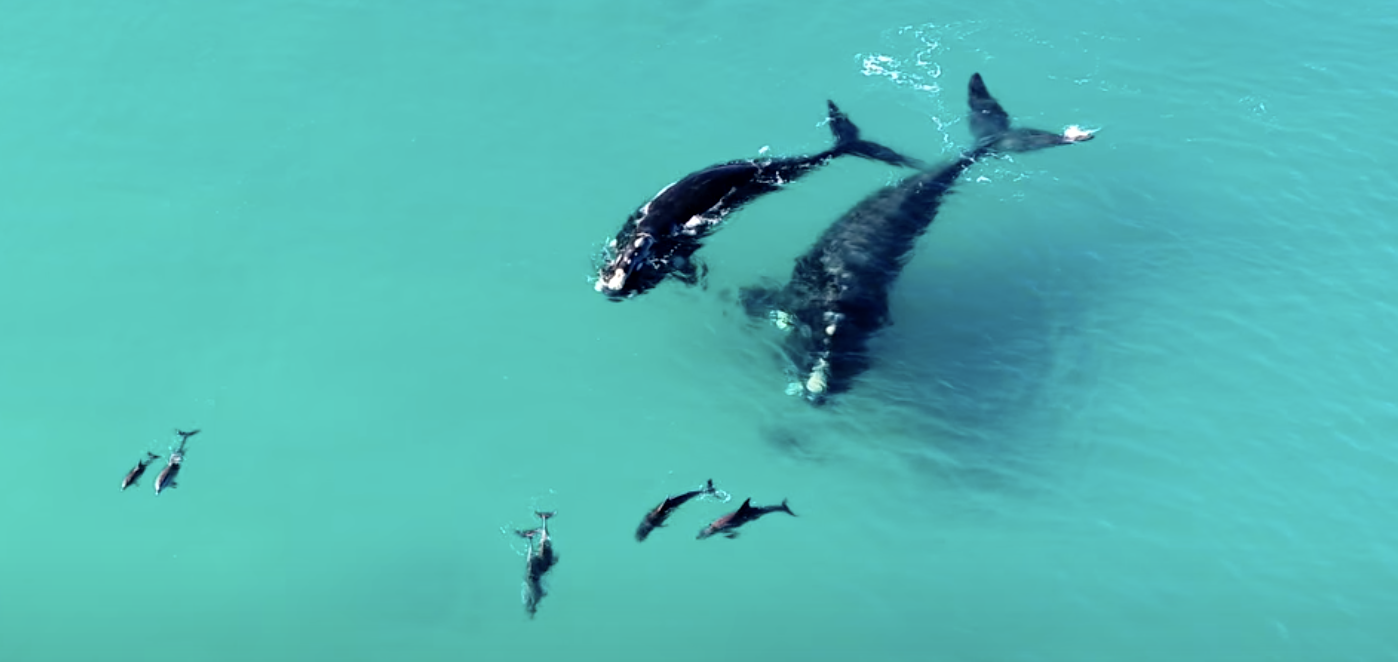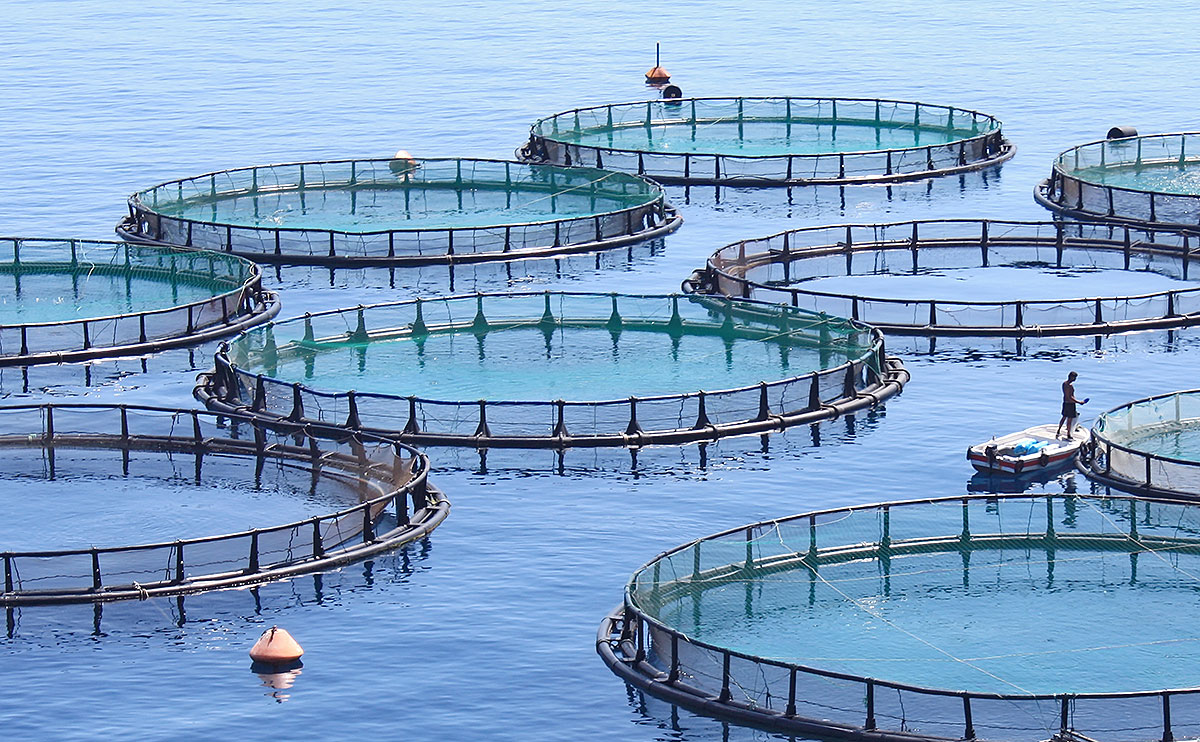Vögel, Säugetiere und Insekten bilden Gesellschaften, «ZIvilisationen». Aber Einzelgänger wie Tintenfische?
Wie viele meiner Kollegen glaubte ich, dass Tintenfische ganz solitär leben, abgesehen von der Paarung gegen Ende ihres kurzen Lebens, das bis zu drei Jahre dauert. Von ihrem ersten Lebenstag an sind sie völlig auf sich allein gestellt. Ich habe mich immer gefragt, wie sie ohne soziale Interaktionen ein so hohes Mass an Intelligenz erreichen können.
Voranzeige: Der Naturfilmer Hannes Jaenicke berichtet in seiner Sendung auf ZDF am 16. September 2025 über die Bedrohung der Tintenfische (Oktopoden) und über illegale Fangmethoden.
«Hannes Jaenicke: Im Einsatz für den Oktopus» 16. ZDF, 16.09.2025 um 22:15 Uhr (ab 10.09.2025 auch in der ZDF-Mediathek)
(mehr …)
